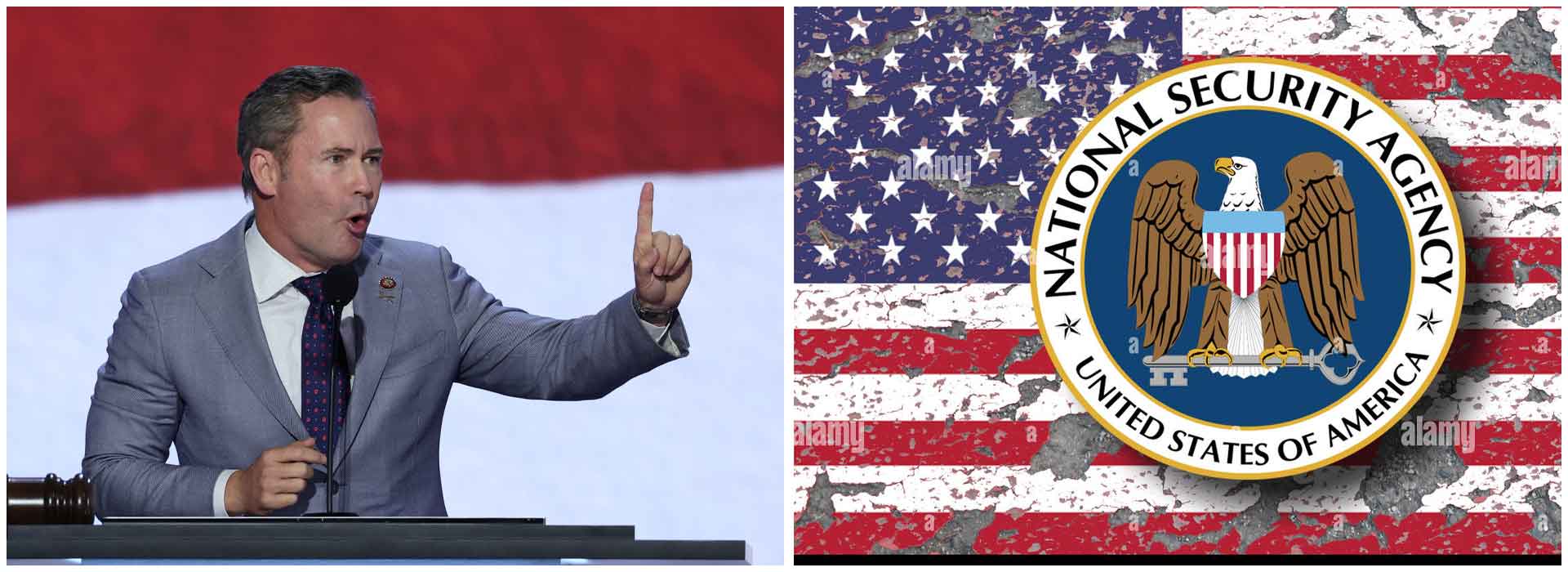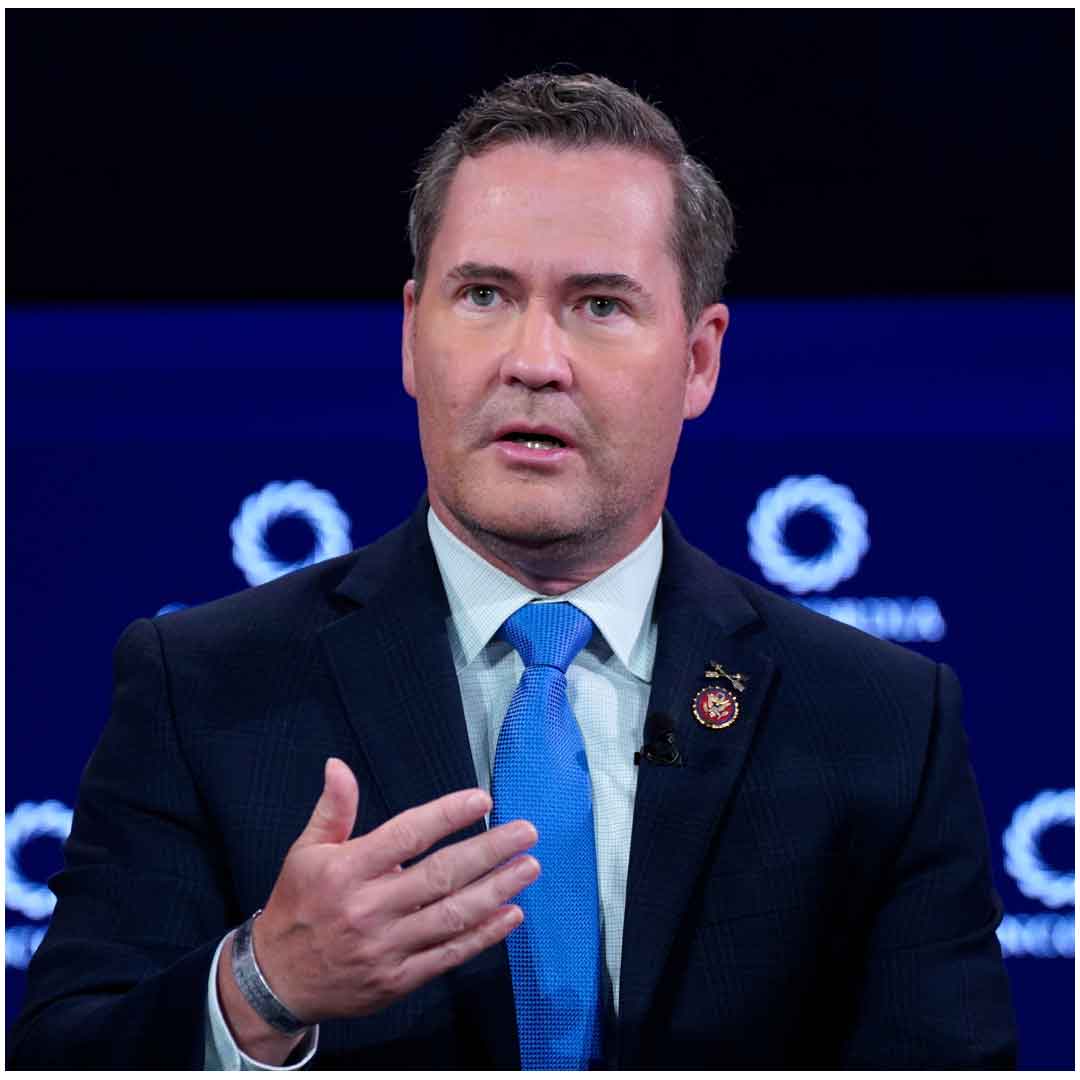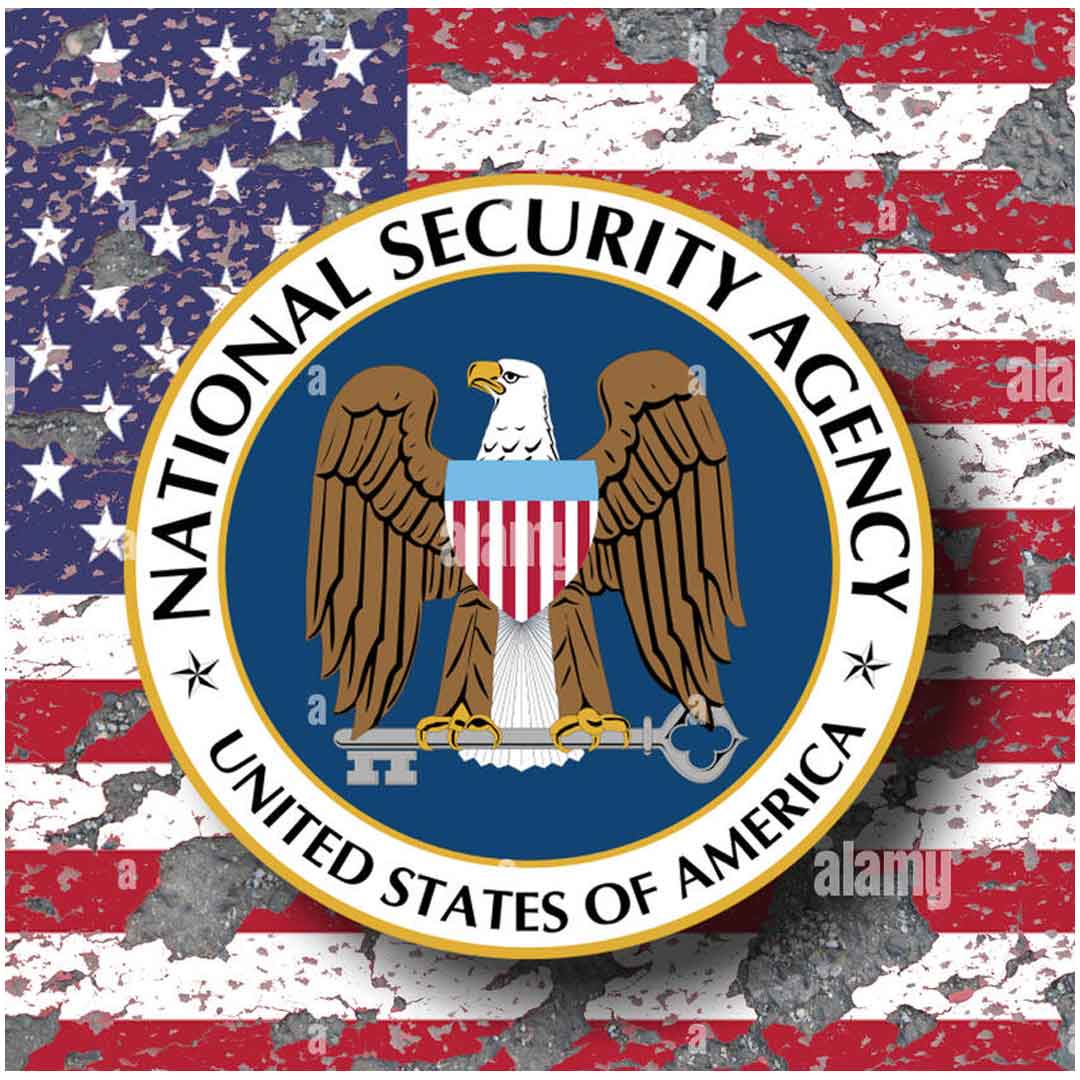Trump's Selection of Mike Waltz as NSA Could Reshape US-China and US-India Dynamics on the Global Stage

In a move that has captured global attention, former President Donald Trump’s choice of Congressman Mike Waltz as the next National Security Advisor (NSA) has implications for the United States' approach to both China and India. Waltz, a retired Green Beret and outspoken national security hawk, brings a strong background in defense and foreign policy. His selection suggests that a potential second Trump administration would take an assertive stance in global diplomacy, especially in Asia, with a keen focus on the US-China rivalry and strengthening ties with India. Let’s dive into how Mike Waltz’s expertise and worldview could reshape America’s diplomatic dynamics with these major Asian powers.
Who is Mike Waltz?
Mike Waltz is no stranger to the world of national security and foreign policy. Before entering Congress, Waltz served in the U.S. Army Special Forces, commonly known as the Green Berets, and worked as a senior advisor on counterterrorism to Vice President Dick Cheney. His experience in combat zones and in advising high-level government officials has given him a well-rounded perspective on America’s security needs and strategic priorities. In Congress, he represents Florida’s 6th district and is known for his tough stance on China, as well as his advocacy for strengthening defense partnerships, particularly with allies in the Indo-Pacific region.

Waltz is outspoken on his concerns regarding China’s growing influence and is known for his strong stance against Chinese policies on trade, security, and human rights. Simultaneously, he views India as a critical ally for the U.S., especially in countering China's ambitions in Asia. His appointment could bring a shift in focus that strengthens America’s alliances while actively pushing back on China’s strategic goals.
Potential Impact on US-China Relations
Waltz’s position on China is clear: he sees China as America’s foremost global competitor and a threat to the U.S.-led global order. As National Security Advisor, Waltz would likely focus on countering China's influence in various regions, from Southeast Asia to Africa and even within the Western Hemisphere. His approach to China would probably align closely with the “America First” foreign policy strategy, advocating for economic and military measures to curb China’s global reach. Here are some areas where Waltz’s influence could significantly impact US-China relations:
- Military Presence in the Indo-Pacific: Waltz has been a proponent of increasing the U.S. military presence in the Indo-Pacific, including in strategic locations such as Guam, Japan, and the Philippines. As NSA, he may advocate for expanding the “Freedom of Navigation” operations in the South China Sea, countering China’s assertive territorial claims. Waltz could push for strengthening defense partnerships with allies like Japan, Australia, and South Korea, creating a coalition that challenges China’s growing dominance in the region.
- Economic Sanctions and Trade Policies: Waltz is likely to support more aggressive trade measures against China, especially to counter Chinese trade practices that harm American industries. He has previously spoken out against forced technology transfers and intellectual property theft, issues that have been sticking points in the US-China relationship. We may see tougher sanctions on Chinese firms that are deemed to pose a security threat to the U.S., as well as renewed efforts to decouple critical supply chains from China.
- Human Rights Advocacy: Waltz has been a vocal critic of China’s human rights record, particularly its treatment of Uyghur Muslims in Xinjiang and its political repression in Hong Kong. As NSA, he could advocate for more sanctions targeting Chinese officials responsible for human rights abuses, sending a strong message that the U.S. will not turn a blind eye to these issues. Waltz's appointment could lead to increased pressure on China on the global stage, pushing for accountability on human rights through international forums.
- Cybersecurity and Technology: Another area likely to see intensified focus is cybersecurity. Waltz has previously highlighted the threat posed by Chinese companies like Huawei and TikTok, which he believes could compromise American data security. We can expect him to continue advocating for stronger measures against Chinese tech firms, including restrictions on technology sharing and partnerships, which could reshape the global tech landscape.
Strengthening US-India Relations
While Waltz’s stance on China might be confrontational, his approach to India is rooted in building a strong, cooperative partnership. India is seen as a counterbalance to China in the region, and with its rapidly growing economy and military, it is a valuable ally for the U.S. under Waltz’s strategy. Here’s how his role as NSA could positively affect US-India relations:
- Defense and Security Partnerships: Waltz has been a strong advocate for bolstering defense ties with India, including through military exercises, arms sales, and intelligence sharing. He views India as a “natural partner” in the U.S. strategy to counter China’s influence in the Indo-Pacific. Waltz may push for expanding defense agreements with India, which would enable both countries to coordinate more effectively on military strategies and operations.
- Economic and Trade Relations: India is an important market for the U.S., and a strong trade relationship benefits both economies. Waltz could advocate for a more robust economic partnership with India, emphasizing areas like technology, energy, and infrastructure. His approach would likely involve lowering trade barriers and encouraging investment in key sectors, making the U.S.-India economic relationship even more interdependent and resilient.
- Support for India on the Global Stage: Waltz is likely to be a vocal advocate for India’s role in global forums. He has previously endorsed the idea of giving India a greater role in international organizations, such as advocating for India’s permanent seat on the UN Security Council. By amplifying India’s voice on the global stage, Waltz could help position India as a leader among developing nations, which would benefit U.S. strategic interests.
- Counterterrorism Cooperation: Both the U.S. and India have faced challenges related to terrorism, and increased counterterrorism cooperation would be a natural fit under Waltz’s leadership. Waltz could work towards expanding intelligence-sharing and security coordination with India, particularly regarding threats in the South Asian region. This collaboration could strengthen India’s position as a regional leader in counterterrorism, fostering stability and security that benefits both nations.
Waltz’s Unique Approach:
Mike Waltz brings a blend of military experience and a nuanced understanding of international politics, which could result in a National Security Council that is assertive yet diplomatic. Waltz’s approach seems to balance assertiveness with China while prioritizing partnership and collaboration with India. This strategy would be consistent with Trump’s foreign policy agenda, which often favored strong, direct relationships with allies while adopting a more unilateral stance toward adversaries.
Waltz’s military background would also likely make him an advocate for a strong defense posture, which means we might see an increase in defense spending focused on countering Chinese influence globally. But his approach is not solely focused on confrontation; he sees the importance of diplomacy and coalition-building, particularly when it comes to allies like India who share democratic values with the U.S.
What Could Change on the Global Stage?
If Mike Waltz takes on the role of NSA, his influence would likely accelerate a shift in the global balance of power. The U.S. could be expected to take a harder stance against China, leading to more tense relations in areas like trade, cybersecurity, and military presence in Asia. At the same time, we could see the U.S.-India partnership reaching new heights, with joint initiatives spanning defense, technology, and economic development.

These dynamics could lead to a multipolar world, with the U.S. and India working together to create a counterbalance to China’s influence. For India, this is an opportunity to strengthen its standing as a key player on the world stage. For the U.S., it’s a chance to create a coalition that promotes stability and prosperity in the Indo-Pacific, curbing China’s ambitions for regional dominance.
Conclusion:
Trump’s selection of Mike Waltz as NSA would signify a pivot in U.S. foreign policy that focuses on assertiveness towards China and deepening alliances with key partners like India. Waltz’s experience and perspective align with the broader goal of countering Chinese influence while supporting democratic allies. His potential leadership could bring a dynamic shift in U.S. foreign policy, prioritizing security, economic independence, and alliances that reflect shared values and goals.
Click to read the full article





